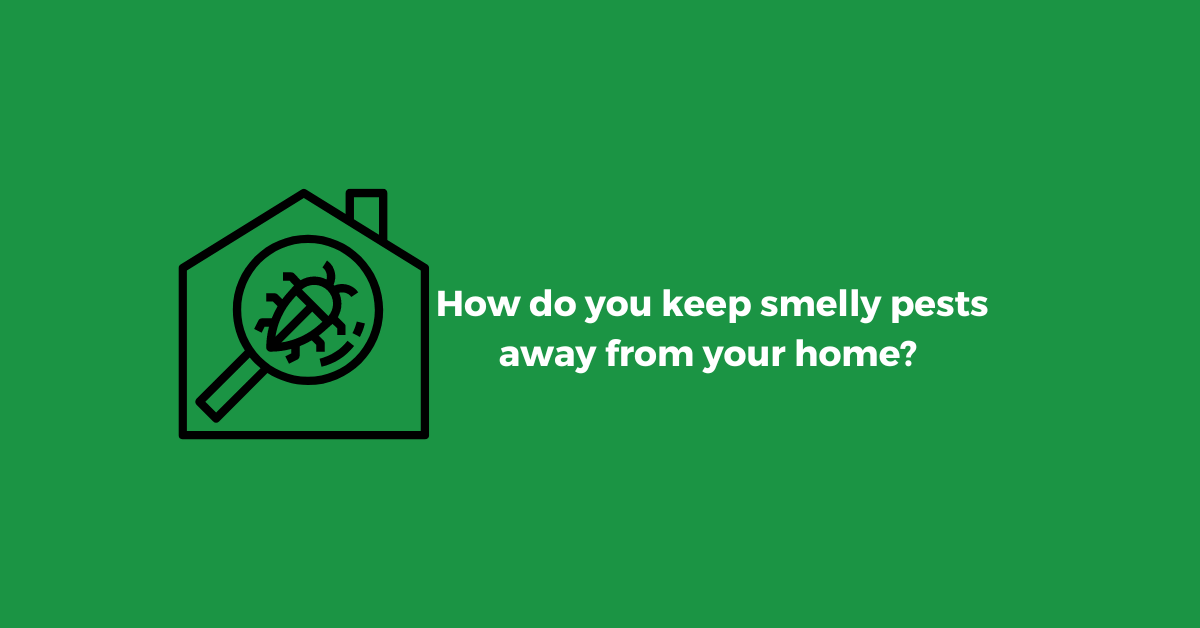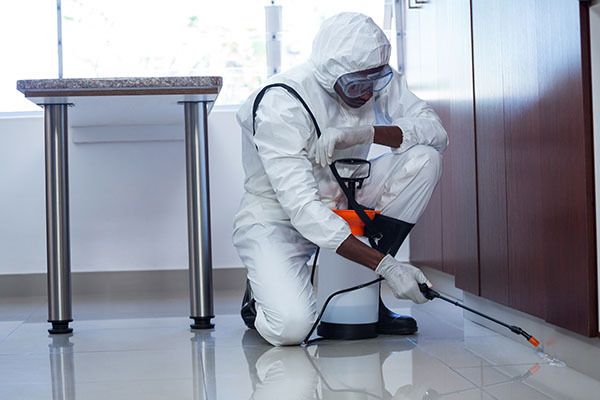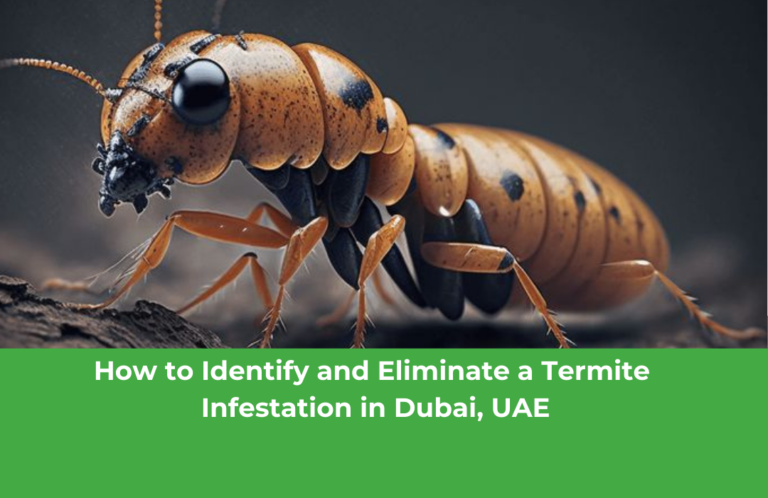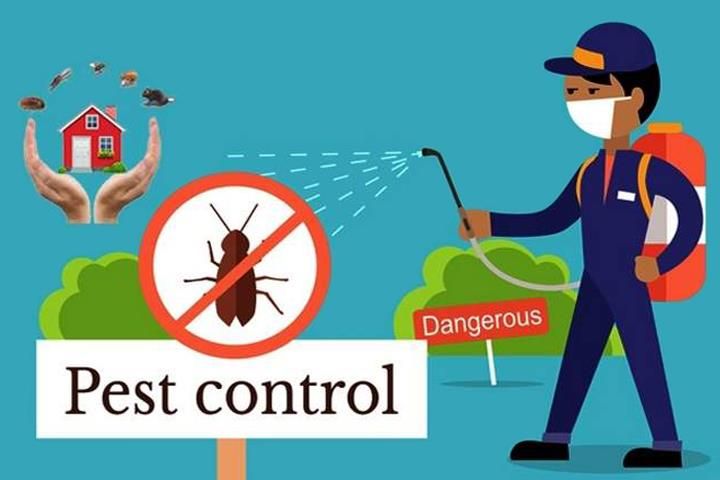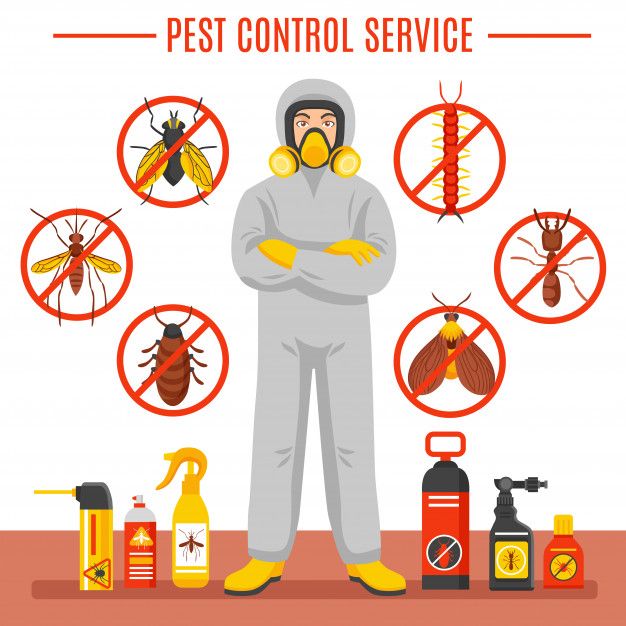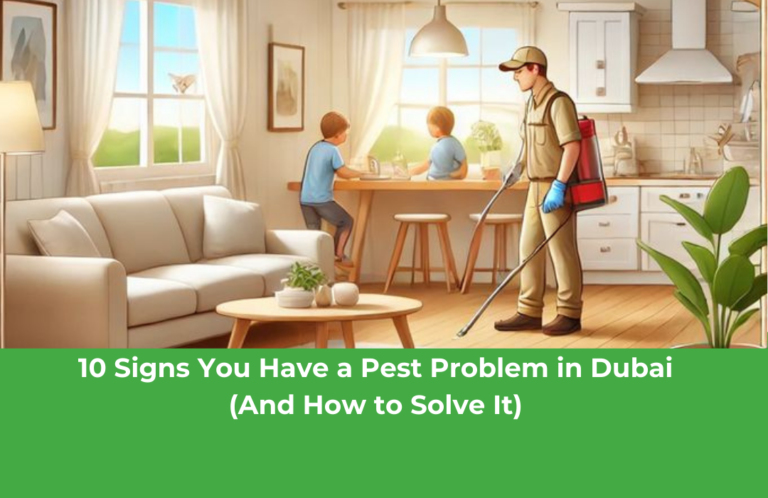How do you keep smelly pests away from your home?
How long can you withstand the smelly pests? 5 minutes, 2 minutes, or just a minute? Not even a single second, right? We are humans, and we have practiced certain hygienic activities in our lives, unlike pests. This is what differentiates us from these smelly pests. So today’s debate is about how to keep the…
How long can you withstand the smelly pests? 5 minutes, 2 minutes, or just a minute? Not even a single second, right? We are humans, and we have practiced certain hygienic activities in our lives, unlike pests. This is what differentiates us from these smelly pests.
So today’s debate is about how to keep the house smelling good. Don’t say that it is a difficult task. If you spare time for this venture to eliminate all those pesky-smelling pests from your home, then this blog is for you. Yes, you are on the right path.

How serious is the pest issue?
Anything that causes harm is a pest. Pests are troublemakers, pose significant health risks to humans, and can cause considerable structural damage to homes and buildings.
Other levels of pest infestation
- Beware of pests like dust mites, cockroaches, and rodents, as they can trigger allergic reactions in humans. Sneezing, itchy eyes, and respiratory problems are common symptoms.
- Cockroaches and rodents are asthma-causing pests. It is impossible to remain untouched when your home is full of them.
- Superbiters and stingers are also among the group of pests. For example, mosquitoes, fleas, and bed bugs
- Pests like rodents and insects can harbor and spread illnesses like salmonella, hantavirus, and Lyme disease to people.
- Poisonous pests, such as spiders and scorpions, can cause severe harm or even death to humans.
So if you have these pests in your home, you are in great danger.
How do you spot pests’ presence?
Although pests can tactically trick you with their escaping skills, there are some signs that you can stop them before you experience any serious health risks.
Never ignore the following signs of a pest infestation in your home:
- Spotting droppings: If you find any rodent or insect feces in your home, then it is a clear-cut sign that indicates their presence.
- Gnaw marks: Discovering chewed food items or damaged wires signals rodent activity.
- Unusual smells: Pungent, musty odors are signs of a hidden infestation.
- Nesting materials: Shredded paper, fabric, or insulation are proofs of rodent nesting areas.
- Dead bugs: If you see a pile of insect carcasses near windowsills or light fixtures, it points to an infestation.
- Nocturnal noises: If rodents are there, there are chances to hear scratching or scurrying sounds at night.
- Visible insects: Observe whether there are any live or dead insects, such as ants or cockroaches, indoors. It implies a growing problem.
Some dreadful diseases that common pests carry
- Lyme Disease: Ticks transmit Lyme disease, which can cause fever, fatigue, and a rash.
- West Nile Virus: Mosquitoes are the ones behind the West Nile virus, which has flu-like symptoms and, in some cases, can be fatal.
- Hantavirus: Hantaviruses are spread by rodents and can cause flu-like symptoms and, in some cases, be fatal.
- Salmonella: Rodents and insects are the major carriers of the salmonella virus, which causes food poisoning and other gastrointestinal problems.
- Rat-bite Fever: Rodents are known for causing rat-bite fever. Fever, muscle pain, and rashes are the common symptoms of ratbite fever.
Take action to sweep away smelly pests from your home
No more worries about how to keep the house smelling good. Try these unique and simple pest control tactics to blow all the smelly pests out of the water. To reduce the unwanted health risks of pest infestations, the only way is to prevent them as soon as possible.
Let’s see how it’s possible.
- Always maintain a clean home: Pests are fond of food, water, and shelter, so it is better to maintain a clean home, which can help reduce the likelihood of an infestation.
- Seal entry points: No more pests should be allowed to enter your home through small cracks and crevices. To ensure this, seal the entry points.
- Store food properly. Open and unhygienic food will attract pests like rodents and insects. That is why storing your food properly is important, which can help reduce the likelihood of an infestation.
- Get regular pest control services: This is the most important thing. Regular pest control services help you prevent infestations and identify potential problems early.
Contact Pestokill‘s pest control service for further assistance. Pestokill is an assurance of your health and hygiene.
Wrapping Up
Are you satisfied now that you understand how to keep the house smelling good? Proper pest control services and good sanitation practices are essential for keeping your home pest-free. In this way, you can keep pests and diseases at bay.

